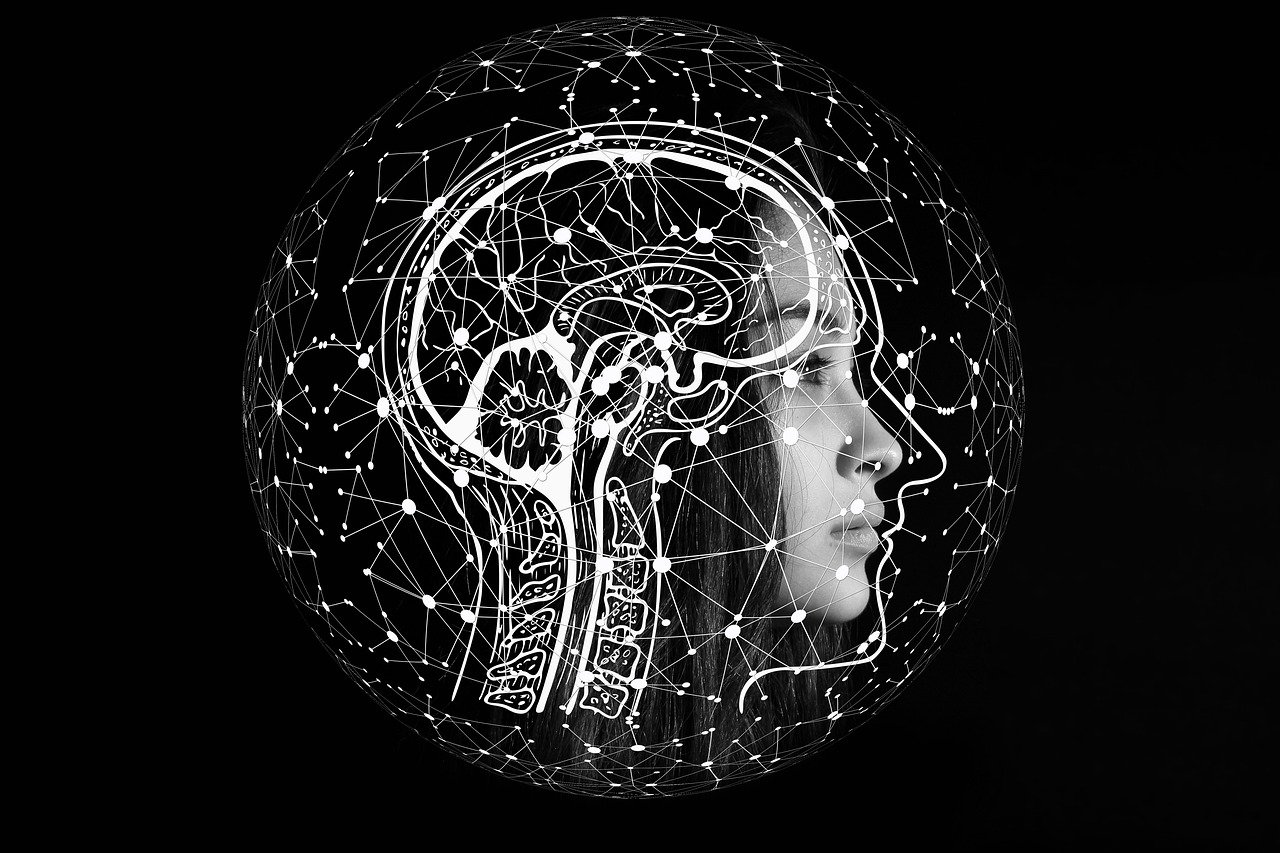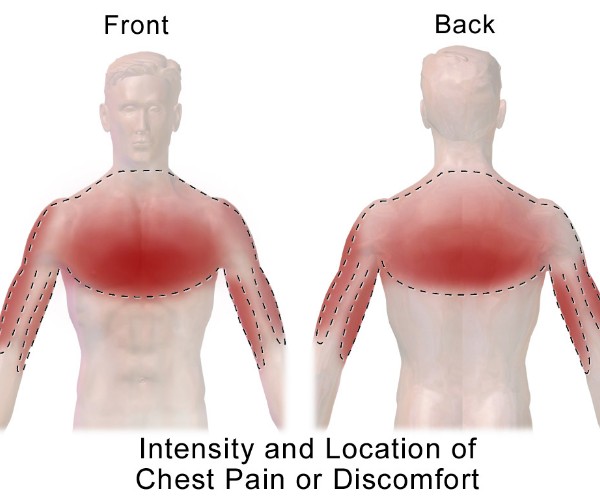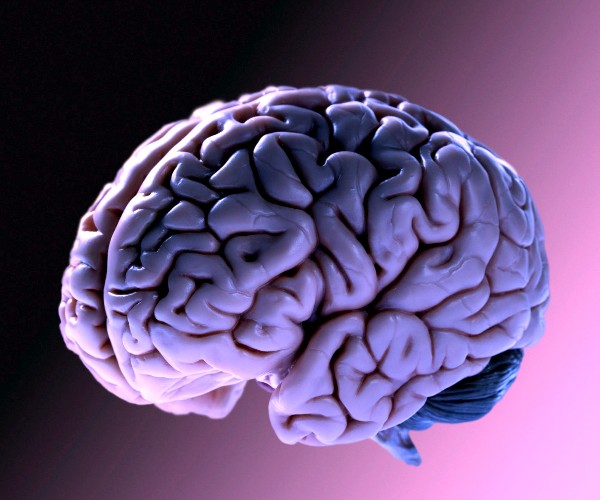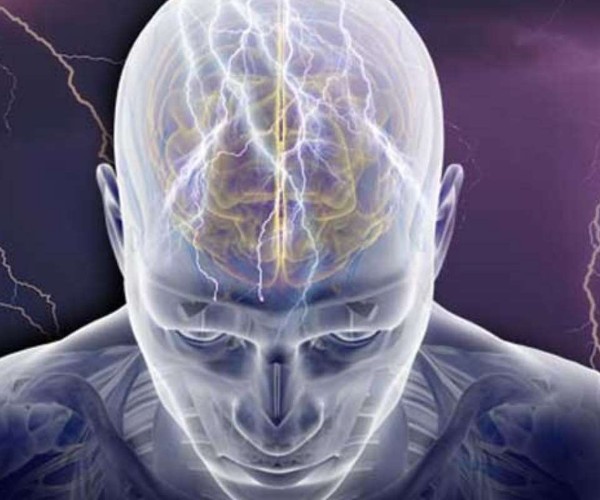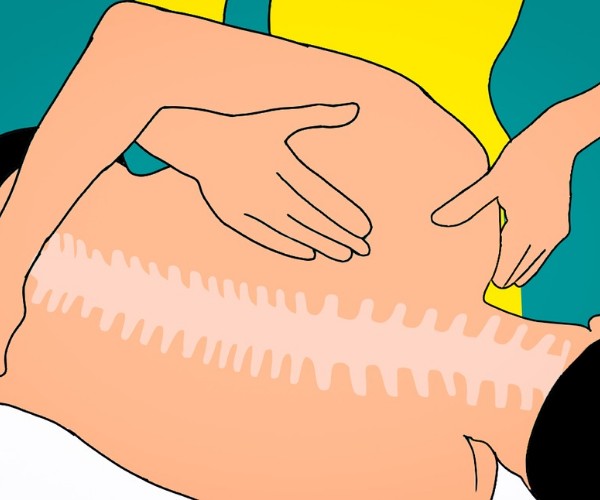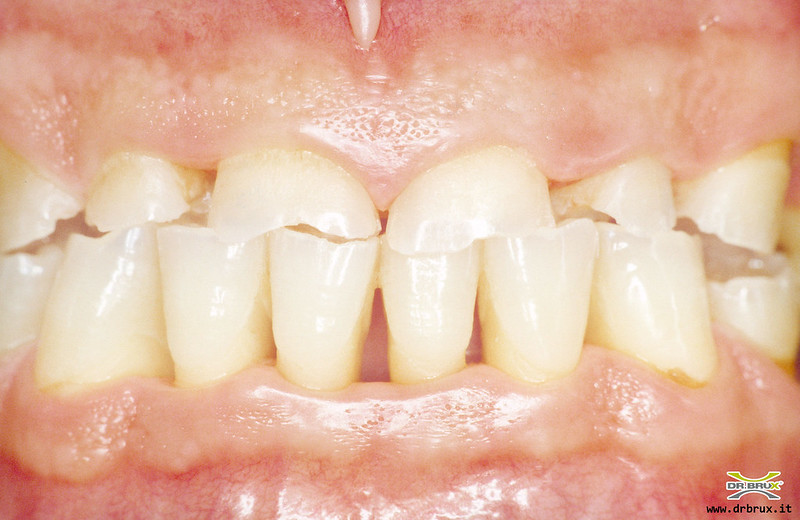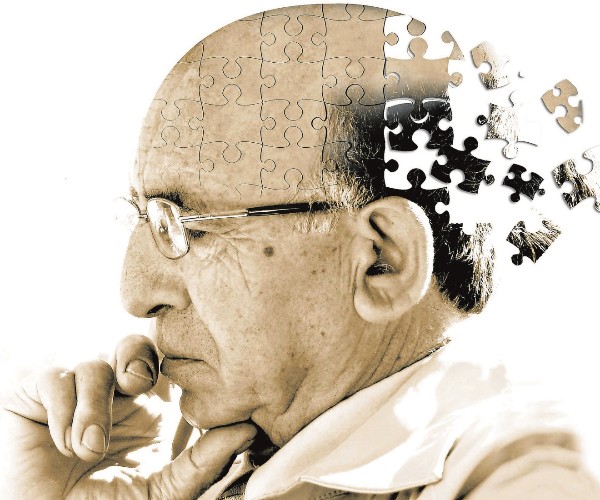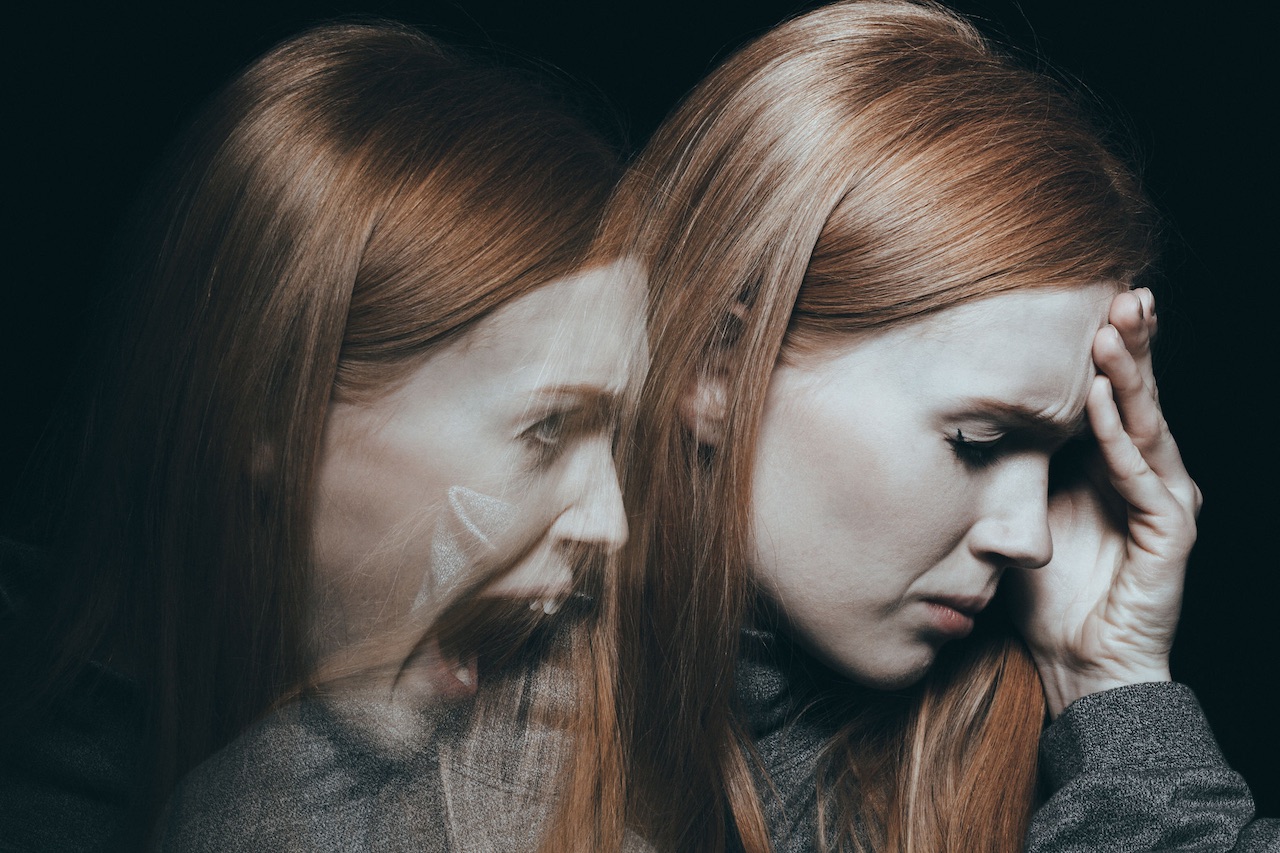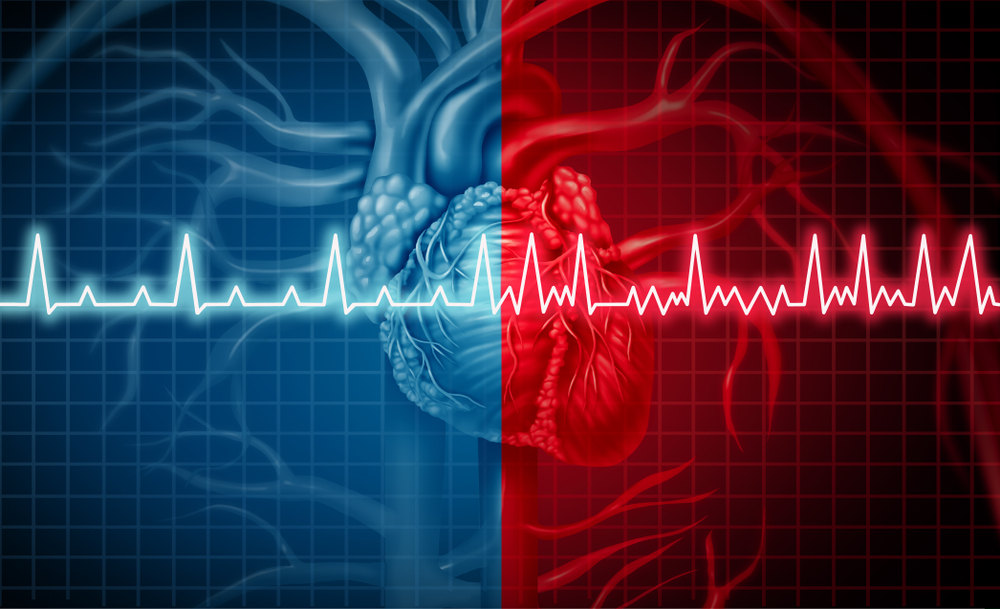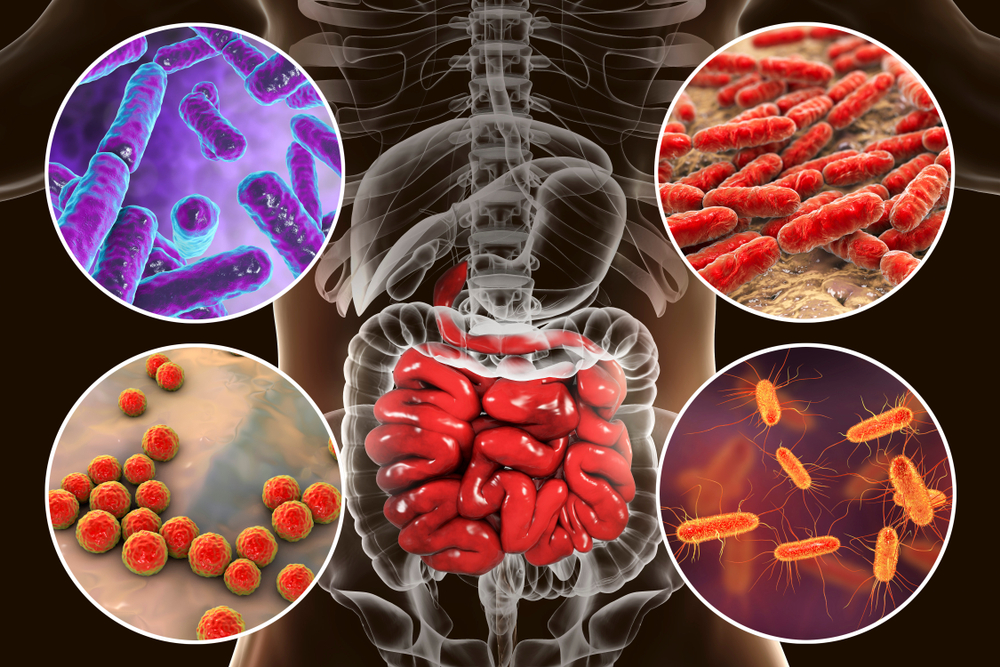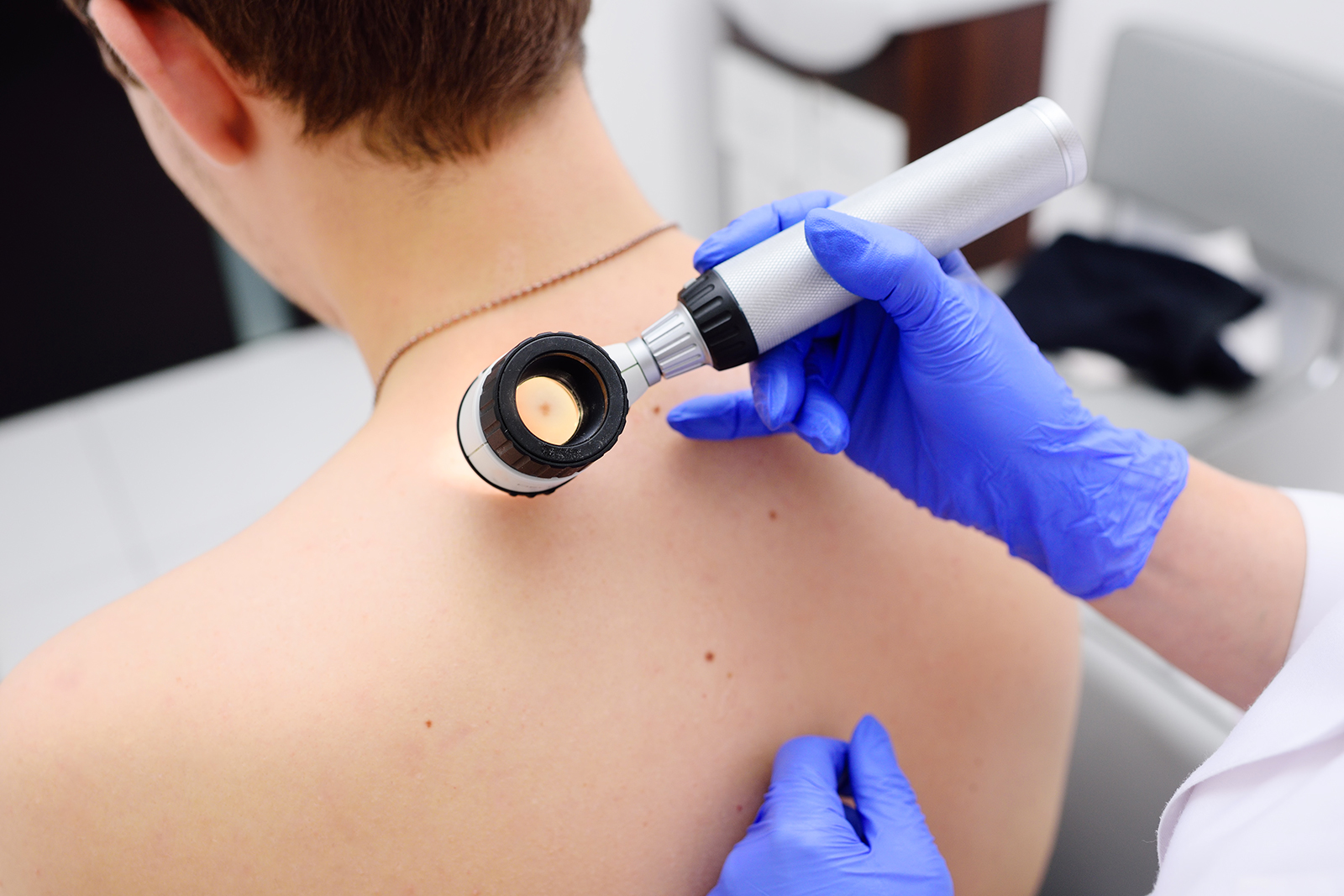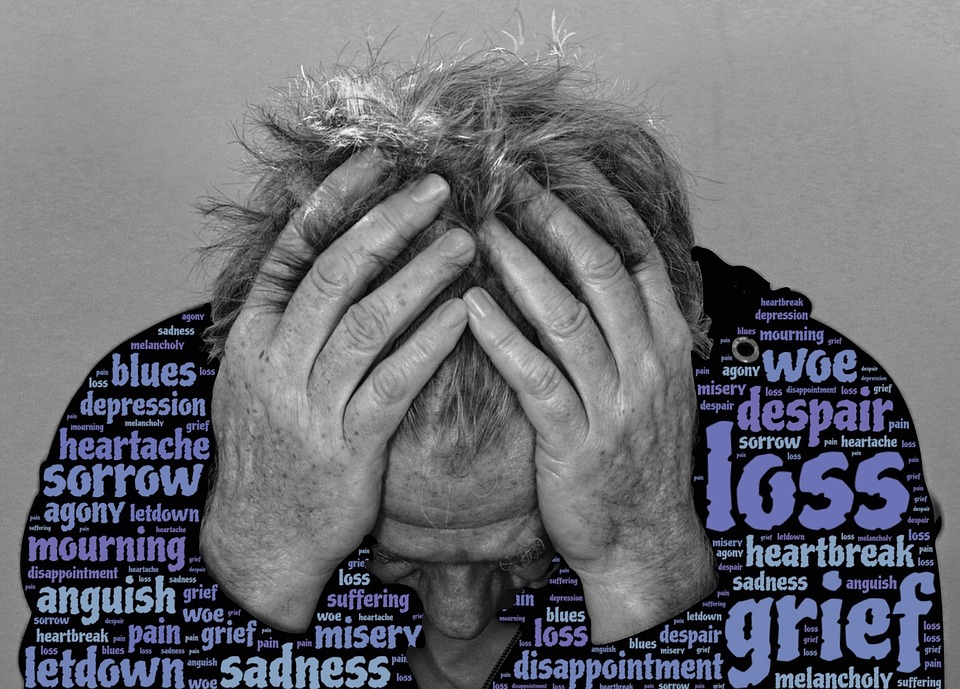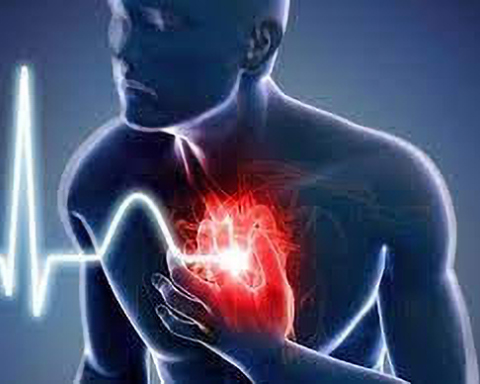We are often mistakenly led to think that a high-stress situation gives us the ability to pay more attention to the dangers around us, increasing our state of alertness, or perhaps making our senses more overpowering and able to pick up on any detail. But the reality is not always this, in fact most of the time the opposite happens! In fact, stress would only diminish our perception of pitfalls and dangers.
The study
This thesis was pursued by a team of New York University scholars, led by researcher Candace Raio, and published in the journal Proceedings of the National Academy of Sciences. According to the study, in fact, stress decreases our abilities in perceiving danger and predicting new dangerous stimuli. It thus contributes to making our bodies less flexible to the new forms that a threat might take, making us very vulnerable and thus putting our own health at risk in certain situations (think, for example, when we are driving or handling dangerous objects). According to Candare Raio in fact, “When we are under stress, we pay less attention to changes in the environment, exposing ourselves to increased risk precisely because we ignore new sources of danger.”
The test
To reach this conclusion, New York University scholars subjected some volunteers to a conditioning test divided into two phases. In the first phase, all participants viewed a series of photos, some of which were accompanied by a small electric shock on the wrist. The photos with the discharge depicted images of danger, those without, on the other hand, depicted harmless situations. The following day half of the participants (the unlucky ones we would say) underwent a procedure to increase the stress levels in their bodies: they had to immerse their arm in ice water for a few minutes in order to increase the levels of certain stress hormones, such as cortisol and the alpha amylase.
At this point the test was repeated again, however, reversing the shocks, which this time were carried out with the “safe” images. According to the researchers’ measurements, participants under stress showed a slower physiological reaction in ‘detecting new dangers, almost as if they had not grasped at all that the dangerous stimuli had changed. In fact, stress inhibited their ability to learn, interfering with their ability to associate shock with danger.
This is very important research, as learning how to quickly intercept dangers, or even predict them, can be very important for our safety and survival. So is being resilient and adapting quickly to the transformations that danger can have from one moment to the next.










